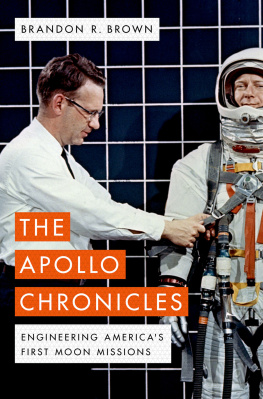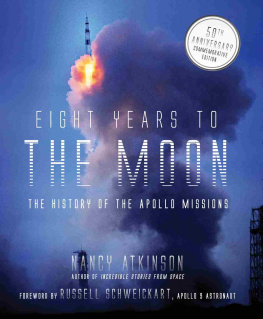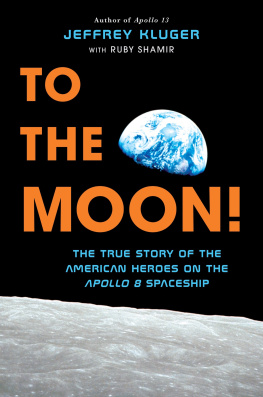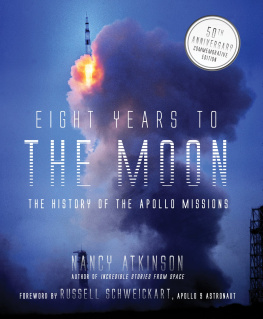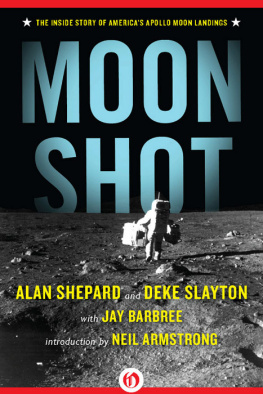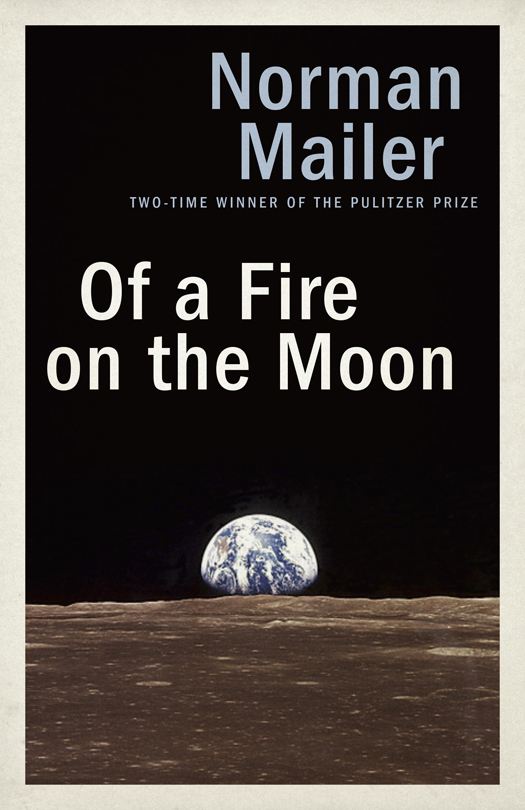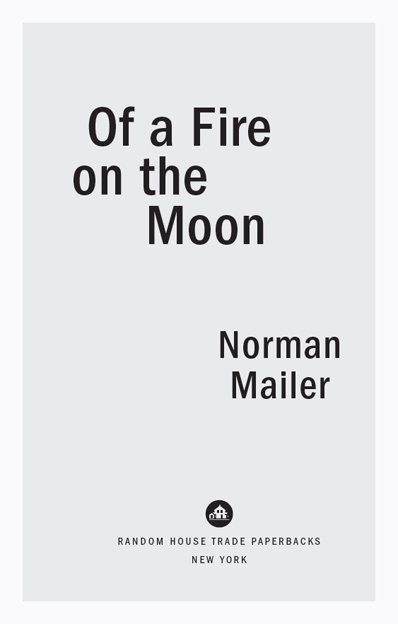Praise for Norman Mailer
Norman Mailer loomed over American letters longer and larger than any other writer of his generation.
The New York Times
A writer of the greatest and most reckless talents.
The New Yorker
Mailer is indispensable, an American treasure.
The Washington Post
A devastatingly alive and original creative mind.
Life
Mailer is fierce, courageous, and reckless and nearly everything he writes has sections of headlong brilliance.
The New York Review of Books
Unlike just about every American writer since Henry James, Mailer has managed to grow and become richer in wisdom with each new book. There can no longer be any doubt that he possesses the largest mind and imagination at work in American literature today.
Chicago Tribune
Mailer is a master of his craft. His language carries you through the story like a leaf on a stream.
The Cincinnati Post
Entertaining and wise In addition to his furious energy and true ear, Mailer is simpatico with humanity.
The New Republic
Courage amid uncertainty is, as always, Mailers highest virtue.
New York
Praise forOf a Fire on the Moon
Witty and triumphant [Mailer is] that rarest of birds in an age of polarization and sub-ideology, a free and unpredictable mind.
The New York Times Book Review
Forty years on and with many re-readings, I still cannot get through [Mailers] descriptions of Saturn-Apollo without a gulp. [Mailer delivers] pages of sudden, bursting generosity. All writing benefits from economy and restraint: Mailer has the confidence, the talent and the enthusiasm to break the rules, to pile on the words and imagery, and get away with it.
The Guardian
An immense story worthy of Mailers famed prose Cold technology would not always prevail, but it did for a while, and Mailers book charts it breathlessly, dramatically.
Spike Magazine
2014 Random House Trade Paperbacks Edition
Copyright 1969, 1970 by Norman Mailer
All rights reserved.
Published in the United States by Random House Trade Paperbacks, an imprint of Random House, a division of Random House LLC, a Penguin Random House Company, New York.
R ANDOM H OUSE and the H OUSE colophon are registered trademarks of Random House LLC.
Originally published in hardcover in the United States by Little, Brown and Company in 1969.
ISBN 978-0-553-39061-2
eBook ISBN 978-0-553-39062-9
www.atrandom.com
Cover design: Gabrielle Bordwin
Cover photograph: Gamma-Rapho/Getty Images
v3.1
Contents
CHAPTER 1
A Loss of Ego
Now sleeps he with that old whore death Do thee take this old whore death for thy lawful wedded wife?
ERNEST HEMINGWAY
Norman, born sign of Aquarius, had been in Mexico when the news came about Hemingway. He had gone through the New York Times to read the well-turned remarks of notables who for the most part had never cared about Papa, not that much! and had one full heart-clot of outraged vanity that the Times never thought to ask his opinion. In fact, he was not certain he could have given it. He was sick in that miasmal and not quite discoverable region between the liver and the soul. Hemingways suicide left him wedded to horror. It is possible that in the eight years since, he never had a day which was completely free of thoughts of death.
Of course, he finally gave a statement. His fury that the world was not run so well as he could run it encouraged him to speak. The world could always learn from what he had to sayhis confidence was built on just so hard a diamond. Besides, a British lady columnist passing through Mexico with him thought it would be appropriate to get his remarks on the demise. This, after all, was special stuffthe reactions of one of Americas best-known young novelists would certainly be appropriate to the tragic finale of Americas greatest living writer. So with thoughts of Hemingways brain scattered now in every atmospherewhat a curse to put upon his followers!Norman coughed up what was in effect a political statement. He had no taste in such matters, and a pedagogic voice for public remarks; leave it that he inveighed gracelessly on how the death would put secret cheer in every bureaucrats heart for they would be stronger now. He had, of course, been thinking that Hemingway constituted the walls of the fort: Hemingway had given the power to believe you could still shout down the corridor of the hospital, live next to the breath of the beast, accept your portion of dread each day. Now the greatest living romantic was dead. Dread was loose. The giant had not paid his dues, and something awful was in the air. Technology would fill the pause. Into the silences static would enter. It was conceivable that man was no longer ready to share the dread of the Lord.
II
Are we poised for a philosophical launch? There may be no way to do anything less. We will be trying after all to comprehend the astronauts. If we approach our subject via Aquarius, it is because he is a detective of sorts, and different in spirit from eight years ago. He has learned to live with questions. Of course, as always, he has little to do with the immediate spirit of the time. Which is why Norman on this occasion wonders if he may call himself Aquarius. Born January 31, he is entitled to the name, but he thinks it a fine irony that we now enter the Age of Aquarius since he has never had less sense of possessing the age. He feels in fact little more than a decent spirit, somewhat shunted to the side. It is the best possible position for detective work.
Forgive him, then, if he takes mild pleasure in conjunction of dates. John F. Kennedy had made his declaration concerning the moon not six weeks before Hemingway was dead. The nation, Kennedy decided, should commit itself to achieving the goal, before this decade is out, of landing a man on the moon and returning him safely to the earth. This is a new ocean, and I believe the United States must sail upon it. Presumably, the moon was not listening, but if, in fact, she were the receiving and transmitting station of all lunacy, then she had not been ignoring the nation since. Four assassinations later; a war in Vietnam later; a burning of Black ghettos later; hippies, drugs and many student uprisings later; one Democratic Convention in Chicago seven years later; one New York school strike later; one sexual revolution later; yes, eight years of a dramatic, near-catastrophic, outright spooky decade later, we were ready to make the moon. It was a decade so unbalanced in relation to previous American history that Aquarius, who had begun it by stabbing his second wife in 1960, was to finish by running in a Democratic Primary for Mayor of New York during the hottest May and June he could ever recall. In sixty days he must have made three hundred speeches, he appeared on more radio and television than he could remember, walked streets, shook hands, sometimes two or three thousand hands a day, worked fourteen hours a day, often sixteen, went on four and five hours sleep, and awoke on many a morning with the clear and present certainty that he was going to win. Norman was lazy, and politics would make him work for sixteen hours a day the rest of his life. He was so guilty a man that he thought he would be elected as a fit and proper punishment for his sins. Still, he also wanted to win. He would never write again if he were Mayor (the job would doubtless strain his talent to extinction) but he would have his hand on the rump of History, and Norman was not without such lust.


